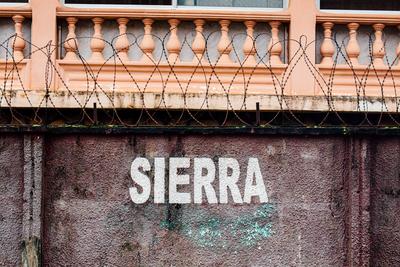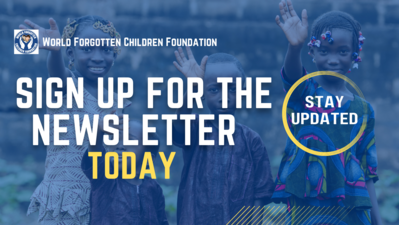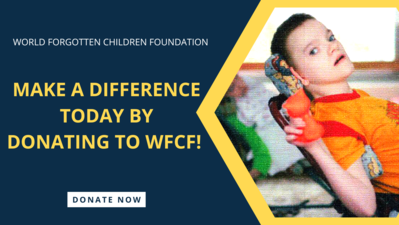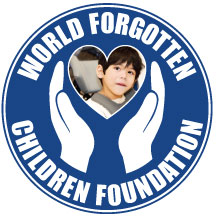
In an article appearing in the Washington Post, Danielle Paquette warns of the risks birthers in Sierra Leone face while giving birth. In the West African country, birthers are asked to find two units of blood before their due date by asking for donations from their families. One in 20 birthers in Sierra Leone die as a result of pregnancy or childbirth, according to estimates from the United Nations. Most of the deaths occur due to excessive blood loss. The country ranks as one of the deadlist places to give birth on Earth. The only countries with a higher mortality rate are South Sudan and Chad (Paquette, 2022).
Sierra Leone, a country of 8.3 million, remains at the extreme end of a regional trend in Africa. 66 percent of all maternal deaths in the world happen in Sub-Saharan Africa. Numbers show that fewer people give birth in a health facility in West and Central Africa than anywhere else at 60 percent, which is way below the global average of 83 percent. Sierra Leone has also struggled with a persistent shortage of health workers, and the ability to access blood is largely unreliable (Unicef, 2022). Although abortion is illegal, it is often performed without medical professionals, with health officials estimating that those abortions cause between three and four percent of the nation’s maternal deaths. The number of women dying is “still too high,” said health minister, Austin Demby. “It’s still unacceptably high” (Paquette, 2022).

A decade of civil war plagued the country and broke down its health systems before the deadliest Ebola epidemic on record damaged the country more by killing 7 percent of medical workers. About a third of the country’s health budget comes from foreign aid, and the top donor plans to stop funding for a program that medical experts say is paramount for the country’s health (Paquette, 2022).
Chronic blood shortages added to the country’s struggles. Before COVID-19 hit, African countries were able to collect just half of what they needed for urgent transfusions, said the World Health Organization. To make matters worse, blood donations dropped by 17 percent (WHO). Physicians in Sierra Leone advise women to get their own emergency supply during their third trimester. “There is never a guarantee,” said Wurie-Sesay, an obstetrician at the King Harmon Maternity and Child Health Hospital in the capital, Freetown. “And there are times when the only free thing I can offer a patient is a consultation” (Paquette, 2022).

“To be pregnant in Sierra Leone is to be at the mercy of resource-strapped institutions and the global trends shaping them,” the article says. “Survival is too often up to luck. Luck that a nurse or physician is nearby. Luck that the government is paying them. Luck that personnel aren’t charging for care that should be free. Luck that medicine is stocked. Luck that the blood bank has reserves” (Paquette, 2022).
One of the main obstacles that deter pregnant people from seeking medical help is cost, so the country removed fees for doctor visits and drugs under the Free Health Care Initiative. The program proved to be a great success, with the share of people giving birth at a health facility in the country increasing from 25 percent in 2008 to 54 percent in 2013 to a stunning 83 present in 2019, national statistics show (Jones et al., 2018).
However, that progress was halted by the pandemic. Foreign aid worldwide started shifting from older emergencies to new. Britain, the main backer of Free Health Care for many years, informed Sierra Leone’s Health Ministry that the support would have to be dropped. A British development official said that extending the funds long term became unsustainable. The aid is now only guaranteed until September (Paquette, 2022).
“It’s a life saver,” Demby said of Free Health Care. “The government is trying our very best to maintain it, but it’s getting a lot more difficult. The funding side of this is precarious. The value, and the need for it, is inordinate” (Paquette, 2022).
To paint an image of how dire the situation is, the article describes a hospital in Kono that was hit hard with shortages, with government trucks delivering refills every 12 weeks or so, rather than the usual six weeks. The pandemic was blamed for these supply shortages and transportation issues. “The maternity ward was out of a drug used to treat postpartum bleeding,” reads the article. “Multivitamins were running low. So were antimalarial pills and painkillers. Partners In Health, the global nonprofit group that helps run the hospital, scrambled to fill the gaps" (Paquette, 2022).
“Every time we cannot give a pregnant woman what she needs, it’s a tragedy,” said Isata Dumbuya, director of reproductive, maternal, neonatal and child health at Partners in Health in Sierra Leone (Paquette, 2022).
References:
Jones, A., Brikci, N., Williams, R., & Keen, S. (2018, May 11). Evaluation of the free health care initiative in Sierra Leone. Oxford Policy Management. Retrieved July 2, 2022, from https://www.opml.co.uk/projects/evaluation-free-health-care-initiative-sierra-leone?itid=lk_inline_enhanced-template
Paquette, D. (2022, May 6). Where pregnancy is a deadly gamble. The Washington Post. Retrieved July 2, 2022, from https://www.washingtonpost.com/world/interactive/2022/sierra-leone-maternal-mortality/?itid=sf_health_article_list
Unicef. (2022, January 27). Delivery care. UNICEF DATA. Retrieved July 2, 2022, from https://data.unicef.org/topic/maternal-health/delivery-care/?itid=lk_inline_enhanced-template
WHO. (n.d.). Drop in blood donations add to maternal health threats in Africa. World Health Organization. Retrieved July 2, 2022, from https://www.afro.who.int/news/drop-blood-donations-add-maternal-health-threats-africa?itid=lk_inline_enhanced-template
|



